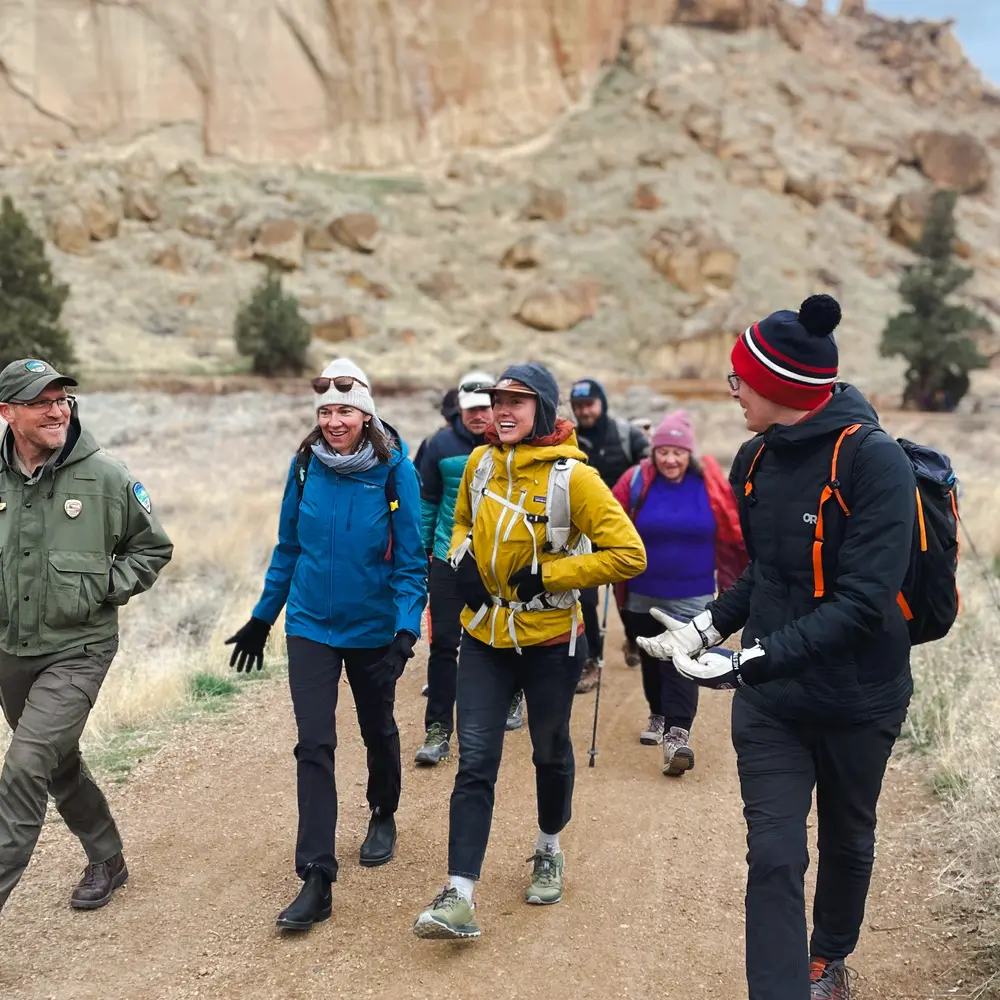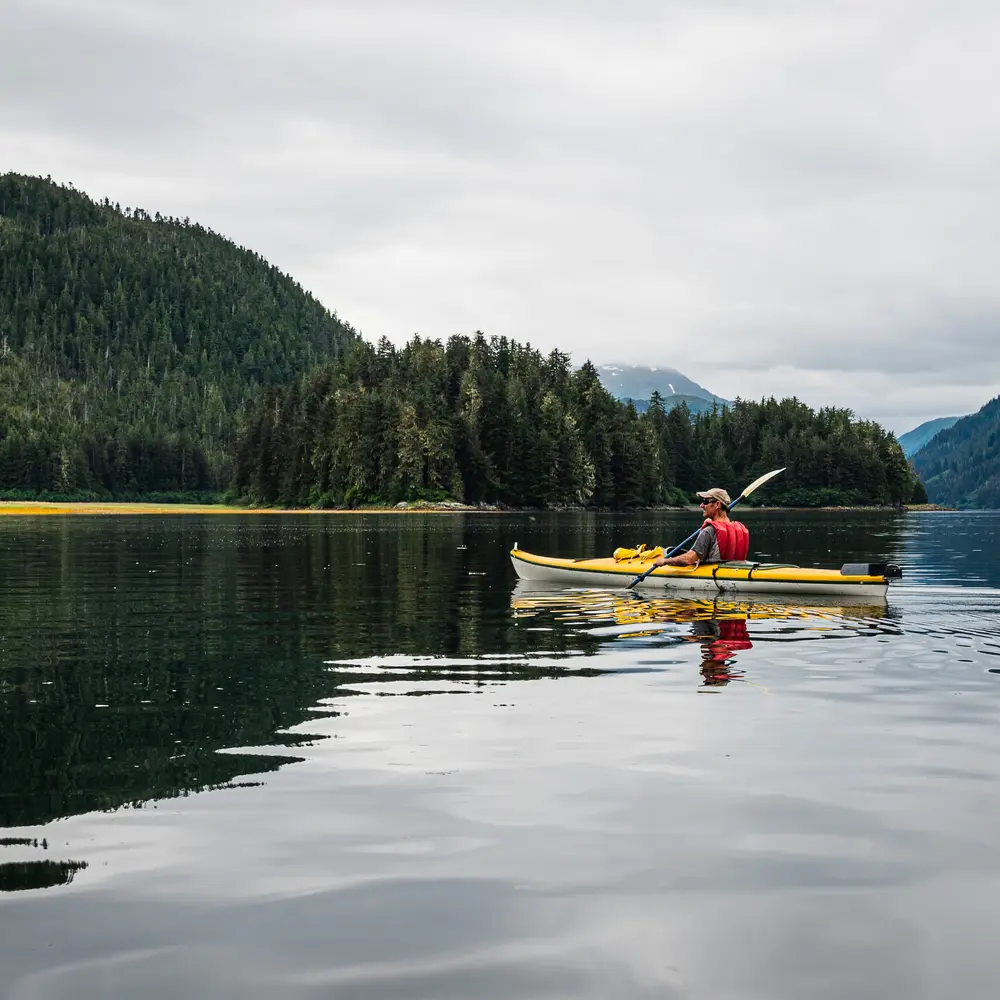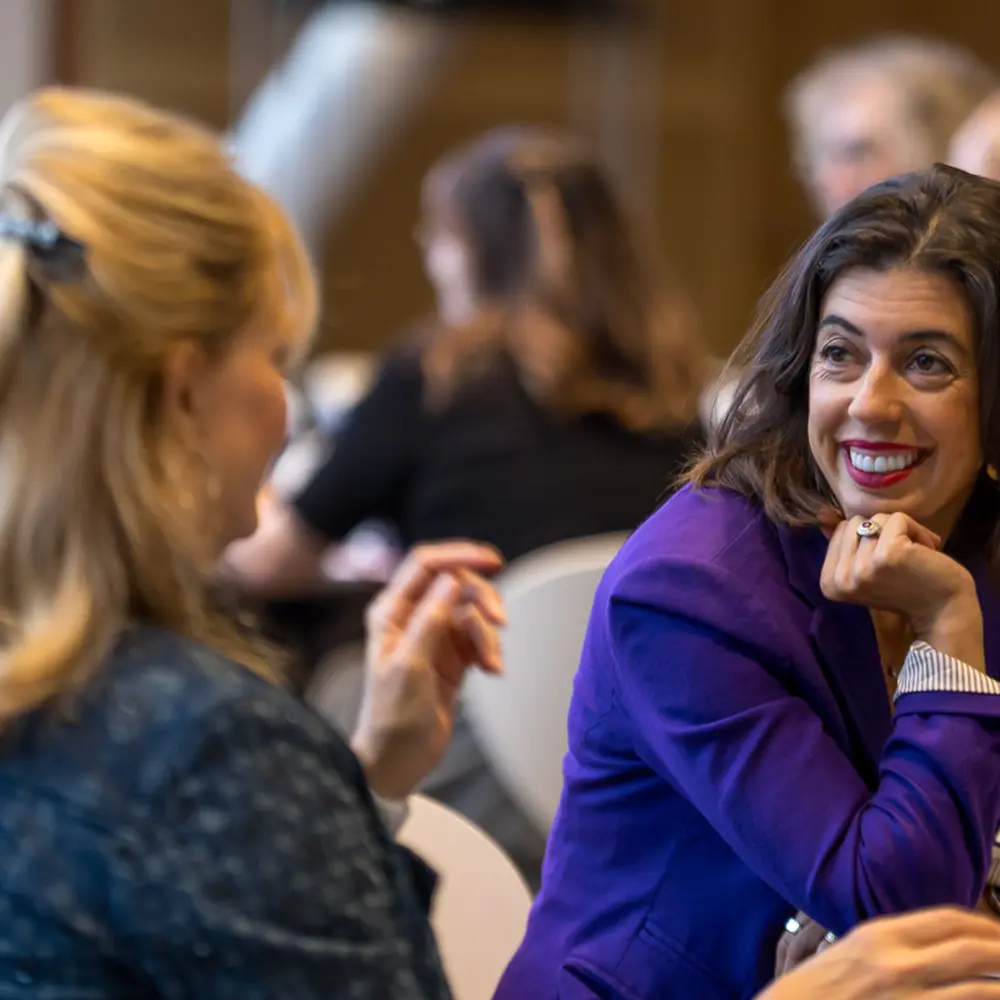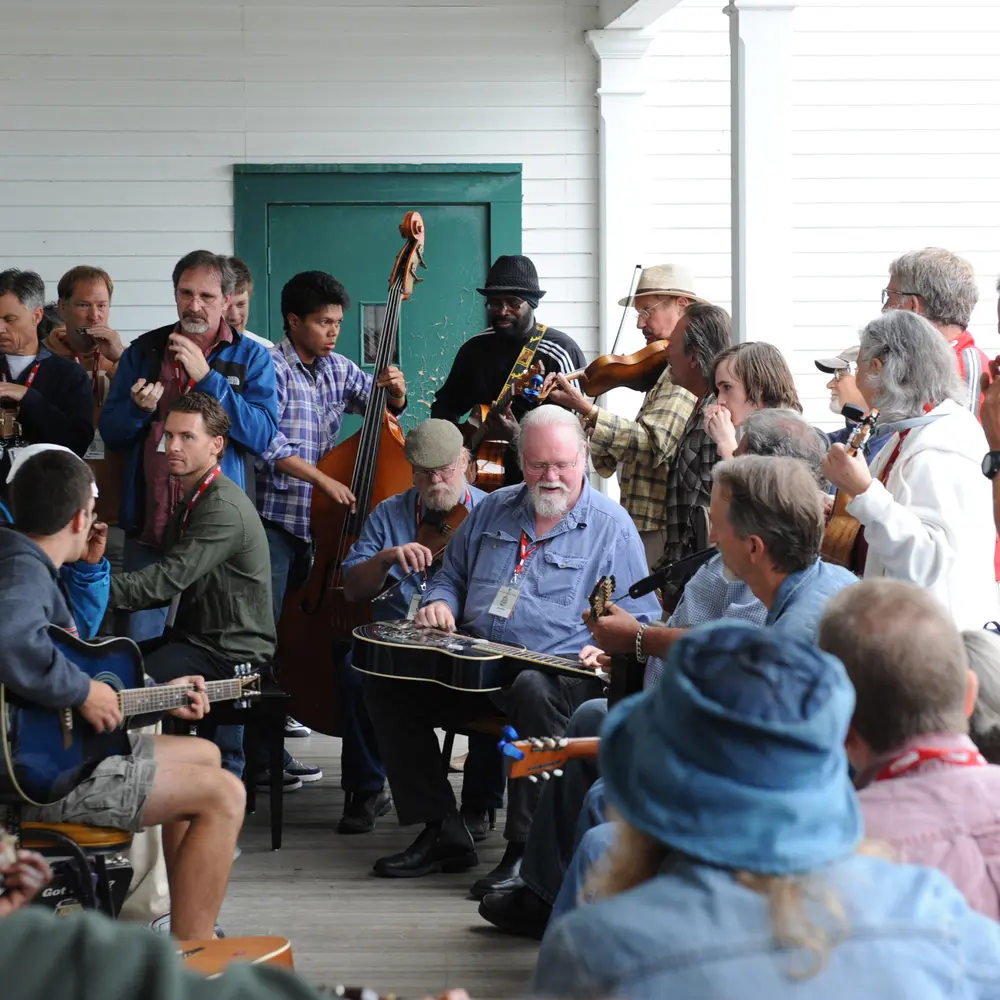Introductions and Deadlines #
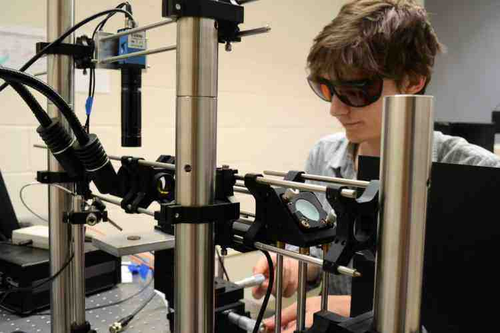
This program offers grant support to augment start-up research packages offered to new faculty in the natural sciences at private institutions. It is expected that an institution will apply for support in this program after a tenure-track position is approved, but early in the search and hiring process, so that a Murdock Trust grant, if awarded, can be made part of the offer to the candidate. A representative of the institution, usually the chair of the department that has the opening, will prepare the application. The application deadline is August 1, and awards are announced in late November.
Eligible Institutions #
The institutions that are eligible to apply in this program are the private, predominantly undergraduate colleges and universities in the Trust’s five-state region: Alaska, Idaho, Montana, Oregon and Washington.
Eligible Departments #
Institutions may apply toward support for hiring a new faculty person for any approved tenure-track position, at any academic level (assistant professor, etc.) in any natural science department (biology, chemistry, etc. or a tenure track faculty person teaching and doing lab/bench natural science research in a non-natural science department, such as neuroscience in psychology, human/animal physiology in exercise science, geology/ecology in environmental science/studies, and microbiology in nursing). A college or university may submit as many separate applications in a given year as it has open and approved positions to fill.
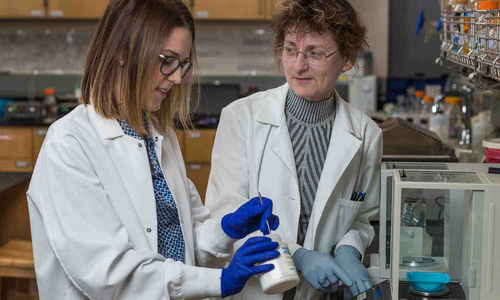
Program Parameters #
Start-up packages are often offered by colleges and universities to new faculty in the sciences to assist them with initiating their research. These start-up packages usually include both a cash component and in-kind, non-cash support. This program will speak to each of these. A Trust grant will match institutional monies 1:1 up to a maximum of $36,000 from the Trust. (Institutional dollars may exceed $36,000, but dollars in excess of $36,000 will not be matched by the Trust.) Trust grant monies will not be available to match in-kind institutional contributions (such as academic year released time for research), but these in-kind contributions are expected to be a normal part of start-up packages. All grant monies received from the Trust must be spent out within 24 months of the new hire’s arrival on campus to take up his/her position. (It is expected that Trust monies and college/university monies for each start-up will be expended proportionally; i.e.: Trust monies are not to be expended first, and then university/college monies.) A no-cost extension may be authorized for the grant under unusual circumstances.
New Faculty Research Mentoring Plan #
Proposals require the institution to provide a brief new faculty research mentoring plan.
Consultants #
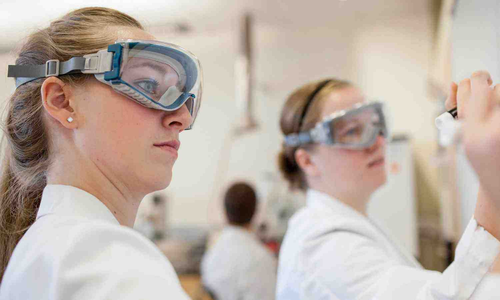
An expert scientific consultant external to the college must be involved in every hire for which Trust support is sought. It is expected that this consultant, to be chosen by the institution, will provide advice on the professional scientific credentials of the applicant. The institution may wish to choose a consultant, perhaps a successful alumnus or alumna, who is both an established researcher in the area expected to be filled by the new hire and a person who will be sensitive to the mission of the institution and be fully engaged in the entire search process (not just reviewing the files of the short list and participating via electronic communication). Every application to the Trust must include a copy of the chosen consultant’s CV and a description of the role to be played by the consultant in the hiring process. Each consultant must complete a copy of the Consultant Response Form after the hiring process is complete and promptly return it directly to the Trust. Previous consultant reports are part of the proposal review package. The deadline for returning the Consultant Response Form to the Trust is April 30 of the academic year of the hiring process.
Evaluation #
A panel of successful academic scientists representing the various scientific disciplines will evaluate the applications and will advise the Trust concerning funding decisions. The panel will consider the likelihood that an outstanding candidate will be selected, the likelihood that the new hire can be successful in initiating a sustainable research presence on the campus and the strength of the start-up package. In this way, the evaluation will not be of the candidate her/himself, but rather of the institutional setting and of the hiring process that is planned.
Grant No-Cost Extension #
If a search fails to identify and hire a candidate in the academic year of the grant, the grant may be held over for one year to allow the process to be repeated the next year, provided the characteristics of the process, the open position and the identified consultant do not change.

